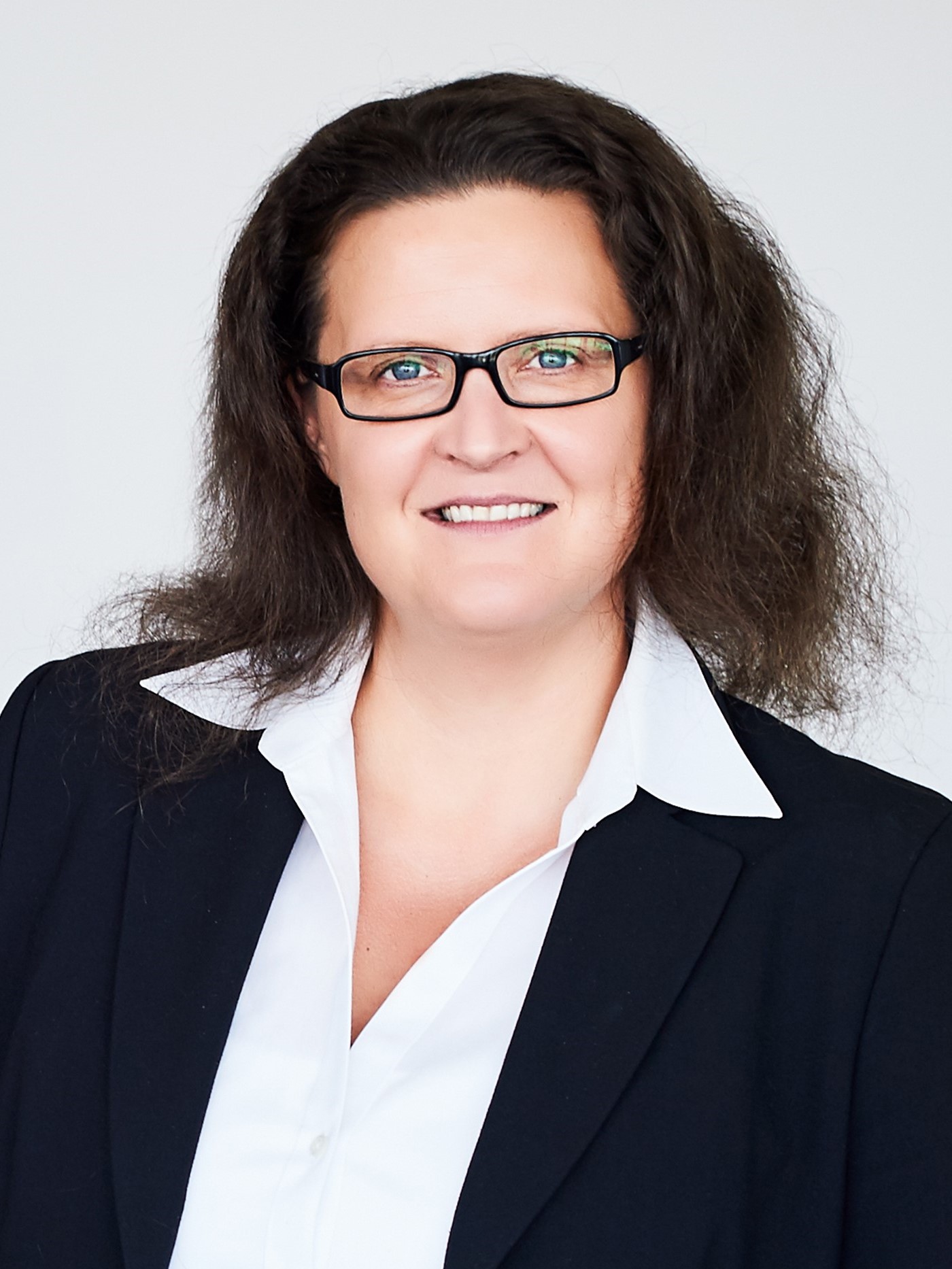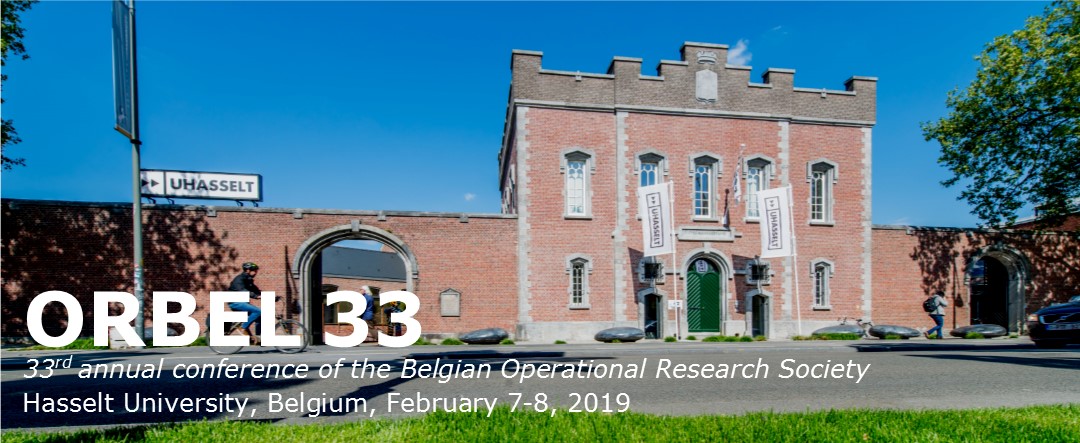KeynotesProf. Claudia ArchettiUniversità degli Studi di Brescia
Short bioShe is Associate Professor in Operations Research at the University of Brescia where she is staying since 2005. She teaches courses for undergraduate, master and PhD students in OR and logistics. The main areas of the scientific activity are: models and algorithms for vehicle routing problems; mixed integer mathematical programming models for the minimization of the sum of inventory and transportation costs in logistic networks; exact and heuristic algorithms for supply-chain management; reoptimization of combinatorial optimization problems. She has carried out the scientific activity in collaboration with Italian and foreign colleagues and published joint papers with some of the best researchers at the international level. She is author of more than 60 papers in international journals. She is Area Editor of Computers and Operations Research, Associate Editor of Transportation Science and Associate Editor of Networks. She is VIP3 of EURO, the Association of European Operational Research Societies, in charge of publications and communication. Plenary talk: Vehicle Routing Problems and Recent Business TrendsE-commerce is experiencing an exponential growth in the last years. Recent statistics have shown that, while the retail e-commerce sales were around 1 billion dollars in 2014, they are estimated to reach 5 billion dollars in 2021. While this represent a huge business opportunity for companies in almost all fields, it also raises dramatic issues in terms of management of the operations related to satisfying customers’ orders. In particular, focusing on the last step of the supply chain, e-commerce explosion has raised the footlights on last-mile delivery. From a scientific point of view, distribution problems arising in last-mile delivery systems constitutes variants of routing problems. In this talk, some challenging routing problems arising in the context of last-mile delivery will be presented, like routing problems with occasional drivers and problems with release and due dates. We will focus on novel aspects of the context in which those problem arise, which are typically characterized by a high degree of dynamism. In addition, we will discuss the challenges related to developing solution approaches capable of handling the complexity of the problem applications. Prof. Richard F. HartlUniversität WienShort bio
Richard Hartl was born in Vienna, Austria, in 1956.
After studying Business Mathematics (Master and PhD) at the Vienna University of Technology, he worked for IBM Austria and was Post-Doc at the University of Toronto (1982).
After his return to Vienna he was Assistant and Associate Professor from 1983 to 1993, where he obtained his “Habilitation” in 1987.
From 1993 to 1995 he was Full Professor and Vice Dean at the Faculty of Economics and Management, Otto-von-Guericke University of Magdeburg, Germany.
Since 1995, he has been Full Professor and Chair of Production and Operations Management at the University of Vienna, where he also served as Head of Department and Dean of Studies.
Since 2007 he has also been Senior Extramural Fellow of the Center for Economic Research (CentER), University of Tilburg, the Netherlands. Plenary talk: Vehicle Routing with Equity and Balance Criteria: Models, Methods, InsightsWorkload equity and balanced resource utilization have become increasingly important criteria in real-world logistics systems. Logistics is not exclusively cost-driven, and the marginal cost of more balanced operations can be offset by gains through lower overtime hours, higher employee satisfaction, better customer service, and more flexible use of available capacity. These considerations are relevant in a wide variety of practical vehicle routing problems (VRPs), such as service technician routing, vendor-managed inventory systems, waste collection, parcel delivery, public transportation, and volunteer organizations. The heterogeneity of these applications is reflected in the many different forms of “balance" objectives that have been proposed. This talk addresses these questions in a comprehensive way with general analytical results, in-depth numerical observations, and methodological contributions supported by extensive computational experiments. We start by identifying a set of axiomatic properties which an ideal equity measure should satisfy, then collect some common measures of equity and point out important connections between their properties and the properties of VRP solutions optimizing those measures. In particular, we outline undesired effects that can arise with certain types of balance criteria. Although the majority of applications focus on balancing tour lengths, other workload resources can be more relevant depending on the context. We also consider the balancing of alternative workload resources such as the demand served or the number of stops made. Finally, we demonstrate the potential of adapting an existing state-of-the-art VRP solver to handle in a flexible and modular way various balance criteria. Prof. Sandra TranschelKühne Logistics University Short bioSandra is Associate Professor of Supply Chain and Operations Management and Academic Director for the Master in Global Logistics and Supply Chain Management at the Kuehne Logistics University (KLU). Before joining KLU in September 2011, Sandra was Assistant Professor of Supply Chain Management at Pennsylvania State University and Visiting Assistant Professor at Tuck School of Business, Dartmouth. Sandra holds a PhD in Business Administration from the University of Mannheim and a Diploma in Business Mathematics from University of Magdeburg in Germany. In summer 2016 and 2017 she has been visiting research at the University of California at Berkeley. Sandra teaches courses in the areas of operations and supply chain management at all levels, i.e., undergraduate, master graduate, PhD, MBA, and executive MBA. In the academic year 2012/13, Sandra received the annual Teaching Award of the KLU. In her research, Sandra focuses on applying methods and techniques of Operations Research and Economics to research problems in two areas in the field of Operations Management (i) production and inventory control under supply uncertainty and perishability and (ii) coordination and integration of supply and demand planning. Plenary talk: Quantitative Modeling to Manage Supply Chains for Perishable Products
Over the past two decades there is an increasing interest in academic research studying optimization problems in Supply Chain and Operations Management for perishable products or products that face a physical decay, e.g., fresh food products, pharmaceuticals, or blood products.
It has been shown that managing these type of products is quite challenging.
Even for simple decision-making problems such as inventory optimization for a single product in a single location, it requires the usage of rather complex stochastic dynamic programming (SDP) approaches to determine the optimal inventory control policy.
One of the main reason of this complexity is that due to the perishable nature of the product and the limited shelf life, the inventory is normally composed of inventory with different age and/or quality levels, which increases the dimension of the state space in optimization problems.
Additionally, customers demand for perishable products is highly volatile and are normally very sensitive with respect to the age, the quality, and also the price of the product.
In comparison to non-perishable products, this leads to problem that the development of inventory levels over time does not only depend on the demand but also on the fact in which order the products are depleted from stock, i.e., first-in-first-out (FIFO), last-in-first-out (LIFO), or any combination of these two.
Through the years many ideas and models have been developed to tackle these difficulties to develop more advanced decision-support tools. |

